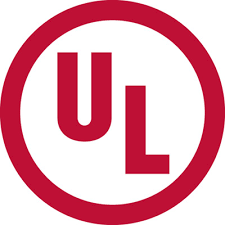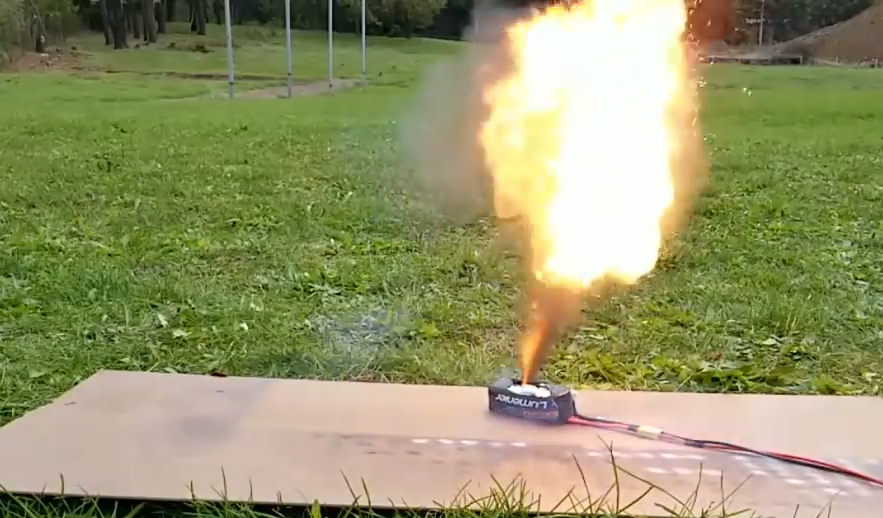For lithium batteries, there are some popular standards that Battery Lab tests to most often. In this sequel of articles we are going to discuss about these popular standards one by one. Today we are going to discuss about the UL 2054– UL Standard for Safety of Lithium Batteries (the abusive overcharge and forced discharge test).

1. The lithium-ion batteries are to be tested in an ambient temperature of 20 ±5°C (68 ±9°F).
2. Lithium-ion batteries are to be subjected to a continuous charging current at ten times the C5 amp rate, using a supply voltage satisfactory to maintain the ten times C5 amp rate throughout the duration of the test. During the trial, the temperature is to be marked on the internal cell casing of each sample. The test is to continue until the lithium-ion cell or battery explodes, vents, or a single operation protective device operates, and the temperature of the internal cell casing reaches steady-state requirements or returns to ambient. If a PTC or other re-settable protection device works during the test, it is to be reset a minimum of 10 times during the trial. An automatic reset device is allowed to cycle during the trial.
Exception: Protective devices determined to be reliable, may remain in the circuit without being faulted.
4. The samples shall not explode or catch fire.
5. At least one of the five lithium-ion batteries shall be subjected to the tests with a constant current charge five times the C5 rate (for example: at the C rate) with a supply voltage sufficient to maintain that rate throughout the duration of the test.
1. This test is intended for lithium-ion cells that are to be used in multi-cell applications, such as lithium-ion battery packs. The lithium-ion batteries are to be tested in an ambient temperature of 20 ±5°C (68 ±9°F).

2. For multi-cell series configurations without parallel strings, a wholly discharged cell is to be force-discharged by connecting it in series with fully charged batteries of the same kind. The quantity of entirely charged cells to be connected in series with the discharged cell is to equal the total number of cells in the pack less one.
3. For multi-cell series arrangements with parallel strings, a wholly discharged identical line is to be force-discharged by connecting it in series with entirely charged cells of the same kind. The quantity of wholly charged cells to be connected in series with the discharged parallel string is to equal the total number of cells in the pack less the number of cells in the discharged parallel line.
4. Once the completely discharged cells (or string of cells) are connected in series with the specified number of fully charged cells, and the resultant battery pack is to be short-circuited.
5. The positive and negative terminals of the sample are to be connected with copper wire with a resistance load of 80 ± 20 m ohms. The battery is to discharge until a fire or explosion is obtained, or until it has reached a completely discharged state and the cell case temperature has returned to ±10°C (±18°F) of ambient temperature.
Exception: A positive temperature coefficient device which complies with the applicable tests specified in the Standard for Thermistor-Type Devices, UL 1434 and the Standard for Automatic Electrical Controls for Household and Similar Use, Part 1: General Requirements, UL 60730-1A, or other protective devices determined to be reliable, may remain in the circuit without being faulted. See Appendix A for additional component standards.
7. The lithium-ion batteries shall not explode or catch fire.
Before you choose your lithium battery brand, please check carefully about this mandatory standard certification carefully. Choose a popular brand like EverExceed to confirm the authenticity of this standard with confirm reliability.
categories
recent posts
scan to wechat:everexceed
